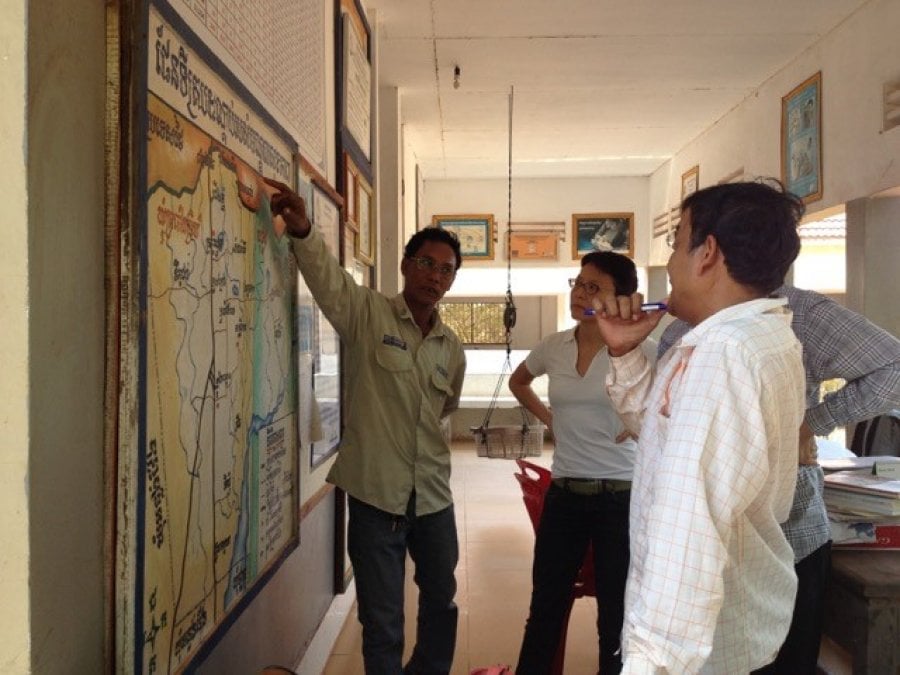
The spread of resistance of P. falciparum malaria parasites to artemisinins is one of the biggest threats to global malaria control and elimination, and has the potential to result in millions of deaths, mainly in African children.
Cambodia, which is at the epicentre of antimalarial drug resistant malaria, declared a goal of eliminating malaria by 2025. However there are lots of questions about how to achieve this operationally. Questions like: if and how to implement strategies such as mass drug administration or active case detection? What screening tests to use? Who to target and what did the affected communities think of the interventions?
Having conducted malaria research in Cambodia for over 10 years, we were in a strong position to conduct a study to help answer some of these questions. The study was called PACES, which stands for Pro Active Case detection for the Elimination of drug resistant malaria Study. It was funded by the UK government’s Department for International Development as part of the Tracking Resistance to Artemisinins Collaboration and was carried out in partnership with the National Malaria control programme.
We confirmed how focal and dynamic malaria is in the area, and how important it was to work closely with the community. In most villages there was no local transmission, and little point in screening people who had not recently been to the forest. We also learnt that the majority of the asymptomatic malaria that we uncovered was not due to P. falciparum but P. vivax and that the relapsing nature of the P. vivax poses as much, if not more of a burden in affected communities.
By understanding more about malaria and the at-risk population in these areas and sharing the lessons we have learnt in implementing active case detection, we hope to contribute to the national and regional efforts to eliminated drug resistant malaria.
Our postgraduate taught courses provide health practitioners, clinicians, policy-makers, scientists and recent graduates with a world-class qualification in public and global health.
If you are coming to LSHTM to study a distance learning programme (PG Cert, PG Dip, MSc or individual modules) starting in 2024, you may be eligible for a 5% discount on your tuition fees.
These fee reduction schemes are available for a limited time only.
